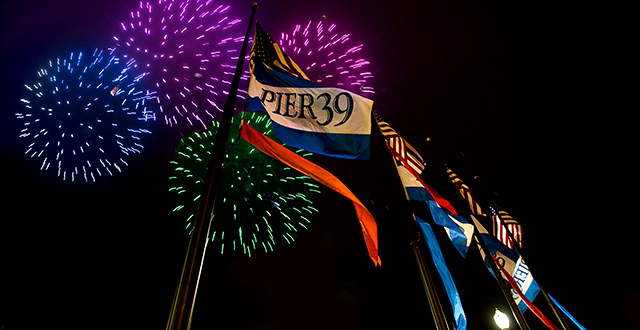SF to Dismiss and Reduce 8,000 Weed Convictions Dating Back to 1975

In an unexpected and unprecedented move, the San Francisco District Attorney’s office announced it will retroactively dismiss more than 3,000 misdemeanor marijuana convictions and review nearly 5,000 felony convictions, thanks to Proposition 64, which legalized recreational pot sales.
It is estimated that over 100,000 people are eligible to have their records changed and they will not need to take any action to have charges expunged. Prosecutors plan to review and wipe out all convictions in one swoop, dismissing misdemeanor charges and potentially reducing felony convictions to misdemeanors. There have been 3,038 weed-related misdemeanor convictions and 4,940 felony convictions by San Francisco residents since 1975.
RELATED: Where to Buy Weed in the San Francisco Bay Area
Convictions make it difficult for people to get jobs and obtain government benefits such as housing. The announcement by the SF district attorney’s office noted racial discrepancies in marijuana arrests and sentencing. In 2000, African-Americans represented 7.8% of San Francisco’s population but comprised 41% of marijuana arrests. That rate grew to nearly 50% by 2010 and 2011 despite African-Americans representing only 6% of the city’s population.
Proposition 64 passed in November 2016, legalizing recreational marijuana use in California for those 21 and older, permitting the possession up to 1 ounce of cannabis. About 75% of San Francisco residents voted to legalize marijuana, the highest margin among all of California’s 58 counties. The new legislation also allows those with past marijuana convictions to petition a court to recall or dismiss their cases.
As of September 2017, only 23 petitions for dismissal or reduction have been filed in San Francisco. A total of 4,885 people living in Californian have successfully petitioned the courts to have convictions expunged or reclassified, but many people are unfamiliar with the potentially difficult and expensive process. Nine states and Washington, D.C. have legalized the recreational use of marijuana. Many of them also have laws addressing expungement of some types of marijuana convictions.







